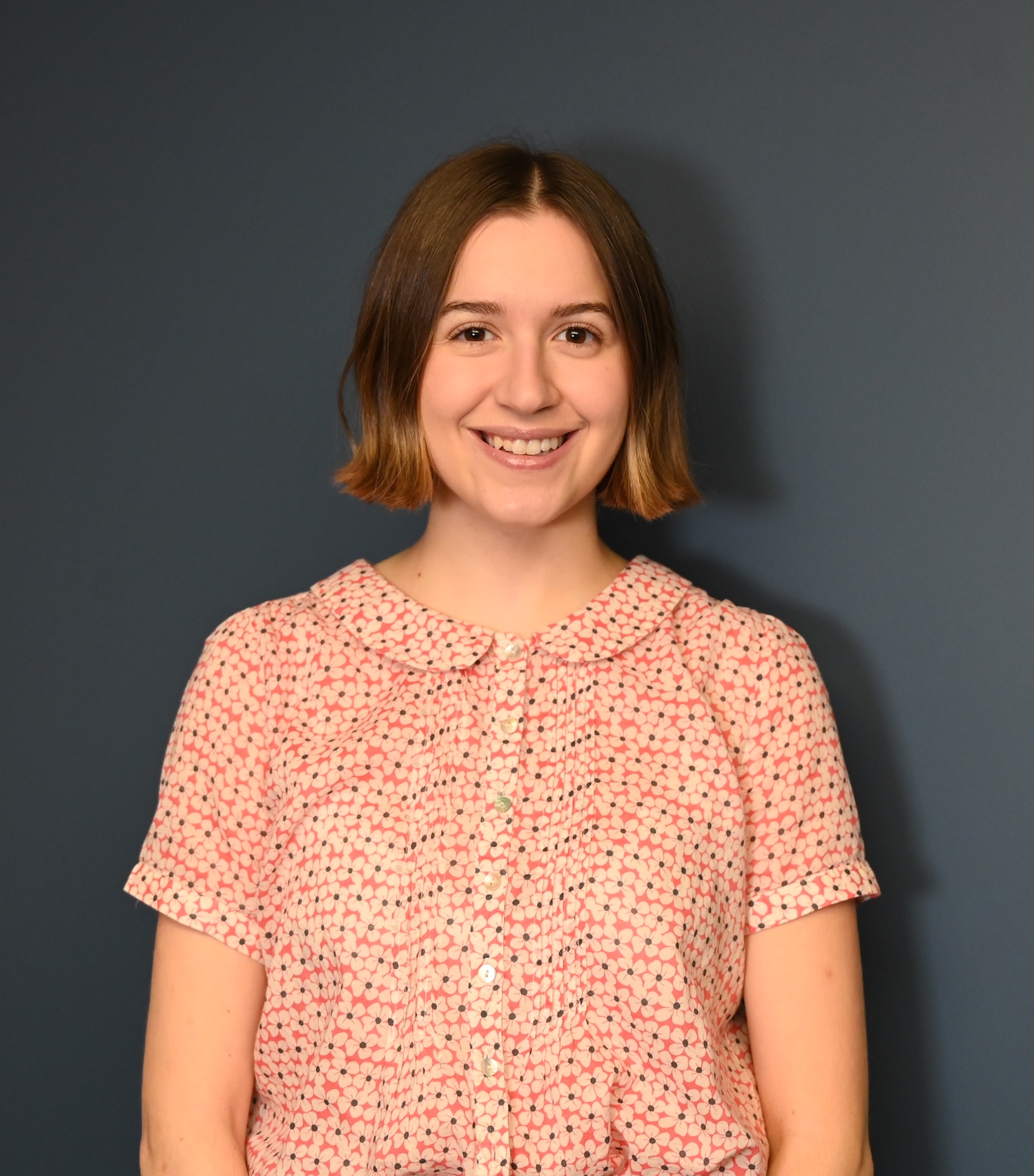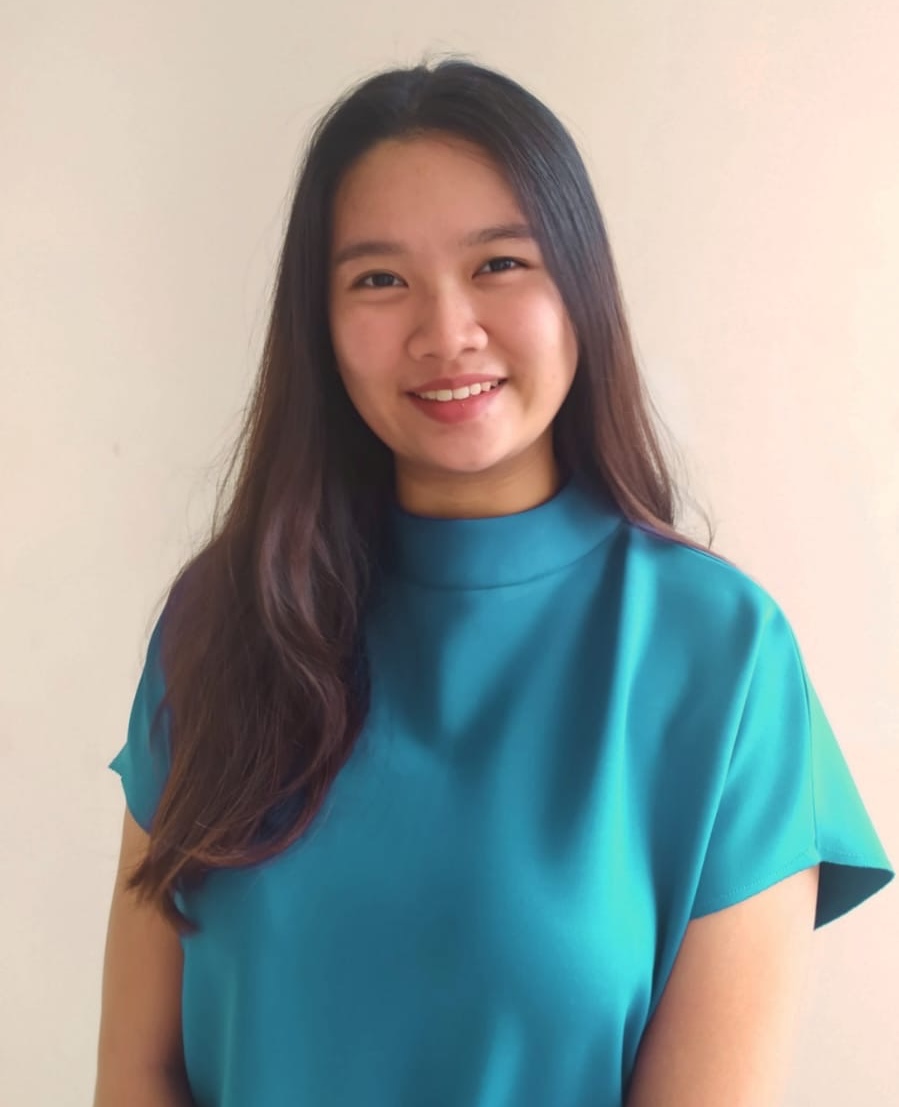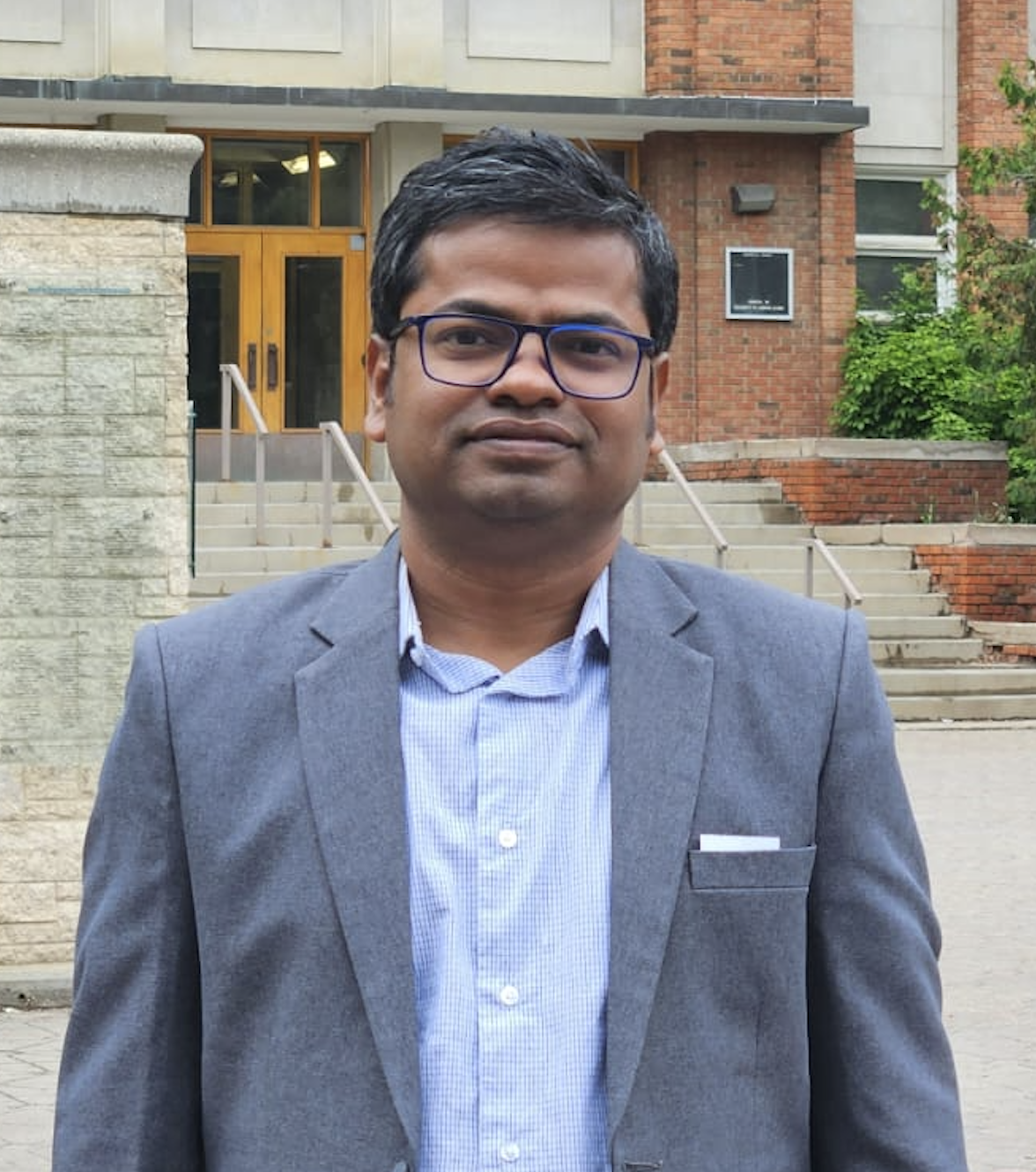Congratulations to our graduate students who are celebrating their convocation this Fall 2025.
We wish you all the best in your future endeavours.
Master of Arts - Material Culture
Orsolya Welch

Qi Wang
Thesis Title: Donning the Unseen: Exploring the Paradox within Footbinding and Lotus Shoe Interplay
Qi Wang’s research explores the paradoxes of the adorned body through Chinese footbinding literature, shedding light on the experiences of adorned bound-foot women and the histories that were seldom voiced. Her thesis traces how these women’s bodies became sites where beauty and pain, power and submission, were symbiotically intertwined. By problematizing literary and cultural representations of the adorned bound foot (ABF), Qi uncovers themes of conspicuous concealment, the duality of liberation and constraint, and the intentional negotiation of identity, status, and survival through the body. Her work aims to recover silenced perspectives and open new ways of understanding embodiment and the social meanings of adornment.
For Qi, the most valuable part of graduate school was the collaborative and intellectually stimulating environment, exchanging ideas with mentors and peers that deepened her critical thinking and enriched her research. She also cherished the opportunity to contribute to an exhibition, where academic inquiry came to life through visual storytelling.
She currently works in museum education, delivering programs that connect diverse audiences with heritage collections and local histories, and plans to transition into a curatorial role where she can continue integrating research and public engagement.
Master of Science - Family Ecology and Practice
Haneen Abraham
Thesis title: The Intersection of Work and Care: Exploring the Facilitators and Barriers of Maternal Employment in Canada
For her thesis research, Haneen Abraham undertook a qualitative study of maternal employment in Canada. Drawing on focus groups and interviews with 58 mothers of preschool-age children in Alberta, her study explores how policy contexts, particularly paid parental leave and childcare, can act as barriers or facilitators to labour-force participation. By centring mothers’ lived experiences, Haneen’s thesis demonstrates that “choice” regarding employment is deeply structured by policy design and argues for more equitable, care-informed family policy in Canada.
Haneen said she was grateful for the opportunities she has had to grow as both a teacher and a qualitative researcher, especially through teaching and research assistantships that showed her how academic work can inform real-world family policy.
Haneen’s long-term vision is to continue her doctoral studies in Human Ecology and build a career that combines research, teaching, and policy work to support more just and inclusive conditions for families.

Natasya Clarissa
Thesis title: Parenting Self-Efficacy and School Readiness in Preschool Children in Indonesia
Natasya’s thesis research examines school readiness—children’s cognitive, social-emotional, and behavioral preparedness for formal schooling—and its relationship with parenting self-efficacy (PSE) in Indonesia. Using a mixed-methods approach with 61 surveyed parents and eight interviews, she found a strong positive correlation between PSE and school readiness, while parental education and income were not significant predictors. Children of first-time parents showed higher language and cognitive scores. Qualitative findings revealed challenges such as emotional readiness and uncertainty in supporting early skills, along with a need for accessible parenting guidance. Her research highlights the importance of strengthening PSE to support children’s transition to school.
The most valuable part of Natasya’s graduate studies was the opportunity to connect with students from diverse countries and academic backgrounds, which broadened her perspectives. Through these interactions, she also deepened her understanding of human ecology and the ways family, community, and broader systems influence development. These experiences enriched Natasya’s thesis research and contributed significantly to her academic and personal growth.
Natasya is currently continuing her work as an early childhood education practitioner in Indonesia, applying insights from her graduate studies to support children’s development. In the future, she plans to keep contributing to early childhood work in Indonesia or pursue a professional path in psychology.

Madeline Robbenhaar
Thesis title:
Master of Science - Textiles and Clothing

K M Abdun Noor
Thesis Title: Manufacturing Cellulose Pulp from Cotton Waste Garments for Lyocell Fibre Production
Noor’s research focused on determining whether flame-resistant (FR) cotton waste garments, commonly used in oil and gas protective clothing, could be converted into high-quality dissolving pulp for FR lyocell fibre production. His work optimized both acid hydrolysis and chelation-based pulping processes to lower transition metal content, adjust the degree of polymerization, and maintain pulp yield. The resulting pulps were dissolved in a 50% N-methylmorpholine-N-oxide (NMMO)–water solution, and fibres were spun following the dry-jet wet spinning method by using a microreactor and a graduate cylinder. The extruded fibres exhibited uniform morphology, flexibility, and desired phosphorus retention for FR performance, though surface roughness was observed. The results confirm that FR cotton waste is a viable feedstock for high-quality lyocell fibre production, offering significant potential for resource recovery and performance retention in circular textile manufacturing.
The most valuable experience for Noor during graduate school was the opportunity to gain hands-on research experience while collaborating closely with professors, lab colleagues, and industry partners. These interactions strengthened his expertise in fibre science and sustainable textile processing.
Noor is currently working as a Research Assistant at the University of Alberta. His future goal is to work in the textile and garment industry, focusing on innovation, sustainability, circularity in textile systems. He hopes to apply his academic training and long professional experience to advance sustainable practices within the textile sector.

Md Abu Sayed
Thesis Title: Optimizing the Preparation of Dissolving Pulp with Hemp Bast Feedstock for Lyocell Fibre Production
Sayed investigated whether Canadian hemp bast fibre can be processed into lyocell-grade dissolving pulp using a simplified, chlorine- and sulfur-free sequence suitable for scale-up. He developed an optimized alkali → chelation → alkaline hydrogen-peroxide bleaching route that omits traditional pre-hydrolysis. Using HPLC, FTIR, ICP-OES, intrinsic viscosity, SEM, and XRD analyses, he characterized the pulp’s composition, purity, and fibre structure. Key findings include high cellulose purity (~97%), effective reduction of transition and alkali/alkaline-earth metals to lyocell-acceptable levels, intrinsic viscosity within the target range for lyocell, and a high cumulative pulp yield (~63.7%), ~21% greater than typical wood-based PHK processes. Lab-scale dissolution in NMMO and spinning produced continuous, uniform hemp-based lyocell fibres. The study demonstrates that hemp is a viable, material-efficient feedstock and that the proposed low-impact process can reduce chemical use, cost, and environmental footprint, making hemp a promising alternative for sustainable, scalable regenerated-cellulose fibre production.
The most valuable experience during graduate school for Sayed was immersing himself in sustainable textile research while working under the supervision of Dr. Patricia Dolez. Working across different laboratory facilities and with colleagues from diverse backgrounds enhanced his ability to adapt, communicate effectively, and collaborate across disciplines. These experiences strengthened his problem-solving and teamwork skills and gave him confidence in translating research from the laboratory to practical, scalable solutions.
Sayed is currently working as a Research Assistant at the University of Alberta, focusing on scaling up processes for hemp-based lyocell fibres and researching different types of hemp to explore their potential for sustainable textile production. In the future, he hopes to contribute to the textile field by advancing eco-friendly and regenerative fibre technologies and promoting sustainable practices within the industry.
Click here to view past graduands.

